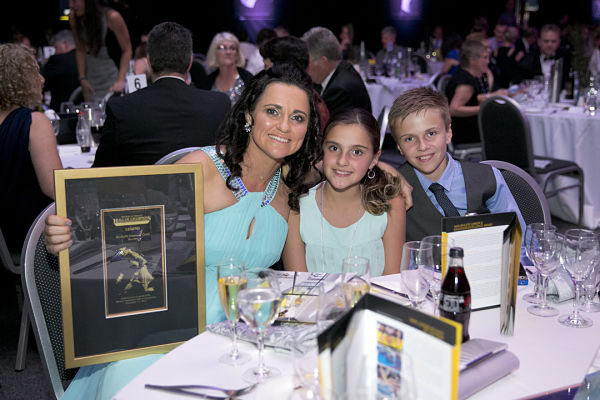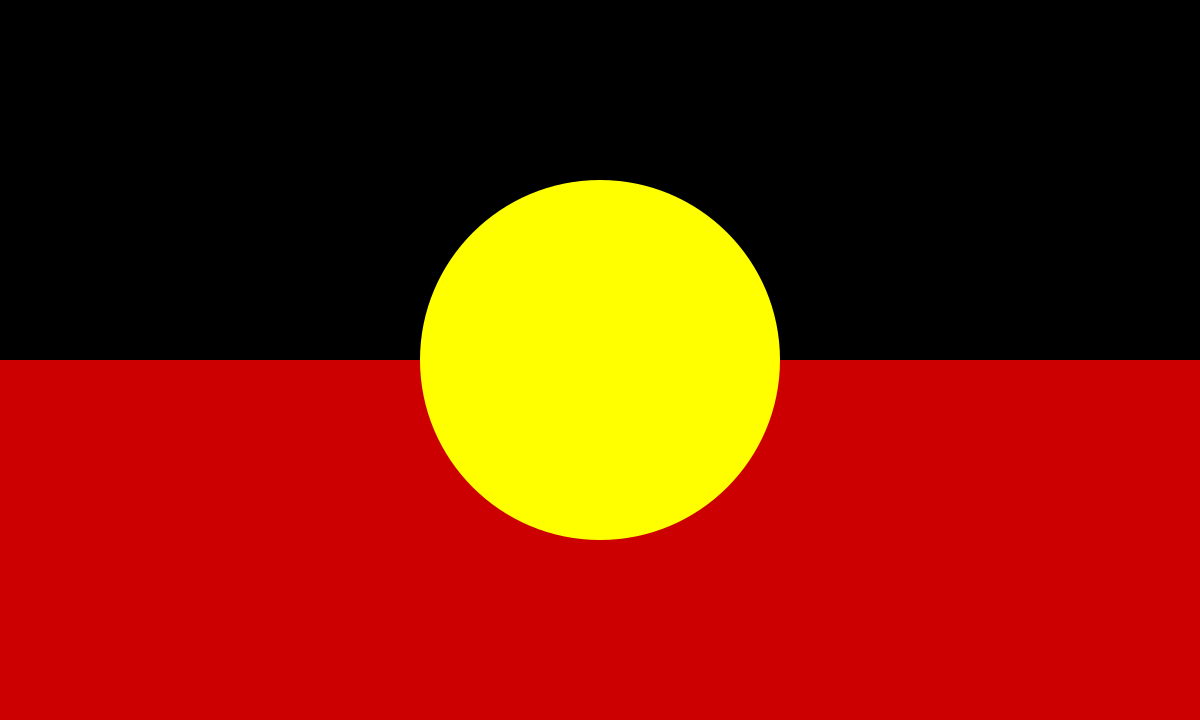The Western Australian Hall of Champions welcomed two new members to its illustrious assemblage at the 2015 WAIS Annual Dinner, whilst a seventh elevation to that of sporting legend concluded another proud chapter in the Hall’s lineage.
WA’s greatest ever footballer Stan Lazaridis and Australian cricketing great Adam Gilchrist earned induction into the WA Hall of Champions whilst existing member Rechelle Hawkes joined an exclusive list of Western Australian sporting champions – after the three time Olympic hockey gold medallist was elevated to legend.
Stan Lazaridis
Born Perth, WA
16 April, 1972

A fleet-footed left winger or fullback, Stan Lazaridis is Western Australia’s most capped player with 72 appearances for the Socceroos, 60 in ‘A’ internationals. He took part in four World Cup campaigns – was in the squad that competed in Germany 2006 and played in the 1997 FIFA Confederations Cup Final.
Lazaridis also represented the “Olyroos” as one of three overage players at the 2000 Sydney Olympics.
Born in Perth, Lazaridis began his career in the WA with Kingsway Olympic, Stirling Macedonia and Floreat Athena, before playing three seasons in the N.S.L. with West Adelaide.
In 1995, Lazaridis joined English Premier League Club West Ham for a then record WA transfer fee of £300,000. He played 88 times for the London club over four seasons before moving to First Division club Birmingham City for a fee of £1.7Million.
Lazardis was an integral part of The Blues’ promotion to the Premier League – scoring from the spot in the 2002 First Division Playoff Final against Norwich – as Birmingham won on penalties.
After 222 appearances – including the 2001 League Cup Final – Lazaridis returned home to Perth to finish his career with Perth Glory, retiring in 2008.
Adam Gilchrist
Born Bellingen, NSW
14 November, 1971

Adam Gilchrist, born in the northern New South Wales town of Bellingen on November 14, 1971, retired from international cricket in 2008 widely acclaimed as the greatest-ever wicketkeeper-batsman in Tests and one-day internationals.
He moved to Western Australia in August 1994 after struggling to gain a permanent place in the NSW side and quickly developed into a highly-accomplished wicketkeeper and an enterprising and aggressive left-hand batsman.
A marvellous entertainer, his explosive hitting delighted the fans and demoralised the opposition.
When he retired he was the only player to have hit a hundred sixes in Test history, he held the record number of dismissals in Tests (416) and ODIs (472), his 17 Test centuries and 16 ODI hundreds were the most by a wicketkeeper. He holds the unique record of scoring at least 50 in successive World Cup finals (54 in 1999, 57 in 2003 and 149 in 2007) and is one of only three men to have played in three World Cup wins.
In the third Ashes Test at the WACA Ground in December 2006 Gilchrist hammered four sixes and 12 fours in reaching his century off 57 deliveries, the second fastest century in Test cricket.
A Wisden Cricketer of the Year in 2002 and the one-day international player of the year in 2003 and 2004, Gilchrist was inducted into Sport Australia’s Hall of Fame in 2012 and the Australian Cricket Hall of Fame in 2015.
Rechelle Hawkes (Inducted 2005)
Born Albany, W.A
30 May,1967

In a glittering career, Rechelle Hawkes became the world’s most decorated hockey player. From her international debut in 1985 until her retirement in 2000, she won multiple gold medals at the sport’s major tornaments – Olympic Hame (1988,1996,2000), World Cup (1994,1998) and Champions Trophy (1991,1993,1995,1997,1999). She also won gold at the 1998 Kuala Lumpur Commonwealth Games.
She was introduced to the game at the age of six and by 14 was playing in Perth’s A-Grade competition. After catching the selector’s attention at the national under-21 tournament in 1985, she was immediately elevated to the Australia Team. She made her international debut in a five-test series against Great Britain before she had represented her State at senior level.
She was troubled by ongoing injuries over the next few years but was still able to take her place at the 1988 Seoul Olympics, where at the age of 21, she was the youngest member of the team that won Australia’s first gold medal. Four years later in Barcelona, the team finished fifth. In 1993, when Ric Charlesworth took over as national coach, he appointed Hawkes as the team’s captain.
The Hockeyroos entered the Atlanta Olympics as the undisputed favourite, having compiled an unbeaten streak of 31 matches heading into the Games. Led by Hawkes’ brilliance in the midfield, the team defeated South Korea 3-1 in the final.
Following her second Olympic triumph, Hawke’s took some time away from the sport to consider her future. The lure of a home Olympics saw her commit to the team for another four years. In May 1998, she was co-captain of the team that won the World Cup in the Netherlands. Shortly before the Kuala Lumpur Commonwealth Games she suffered a broken arm but managed to regain full fitness in time to lead the side to an historic gold medal, trouncing England in the final 8-1.
Hawkes was accorded the honour of reading the Athletes’ oath at the opening ceremony of the Sydney Olympics. Two weeks later, she claimed her third Olympic gold medal in what would be the last game of her international career. She retired having played 279 internationals, an Australian record.
Renowned for her fitness and work ethic, Hawkes’ skill and tenacity made her one of the premier attacking midfielders in the sport and the cornerstone of Australia’s golden era in women’s hockey.



